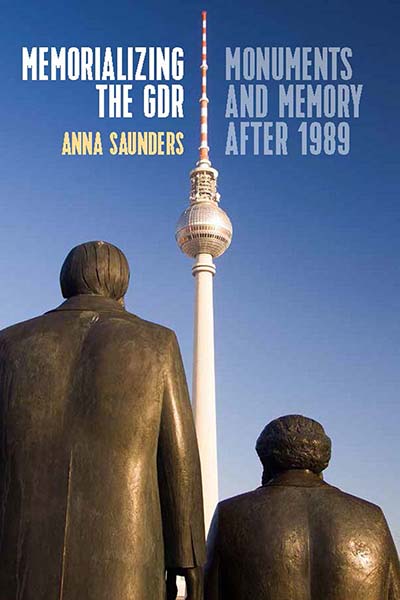 by Anna Saunders, author of Memorializing the GDR: Monuments and Memory after 1989.
by Anna Saunders, author of Memorializing the GDR: Monuments and Memory after 1989.
Recent years have witnessed fierce debates about the existence of controversial monuments around the world – most notably Confederate monuments and memorials, but also numerous structures built in honour of wealthy benefactors with murky pasts. The outcomes of such debacles have been varied. In the UK, Oriel College, Oxford, has recently stated its intention to keep its statue of Cecil Rhodes, whereas Bristol’s Colston Hall – named after the slave trader Edward Colston – will be renamed when it reopens in 2020. It seems that the future of monuments may be limited. Yet this depends on our understanding of the role of such structures. In this context, it is worth casting an eye towards Germany, a country whose twentieth century history has prompted the destruction – and construction – of monuments and memorials at a pace rivalled by few others. Continue reading “Why monuments still have a future”
